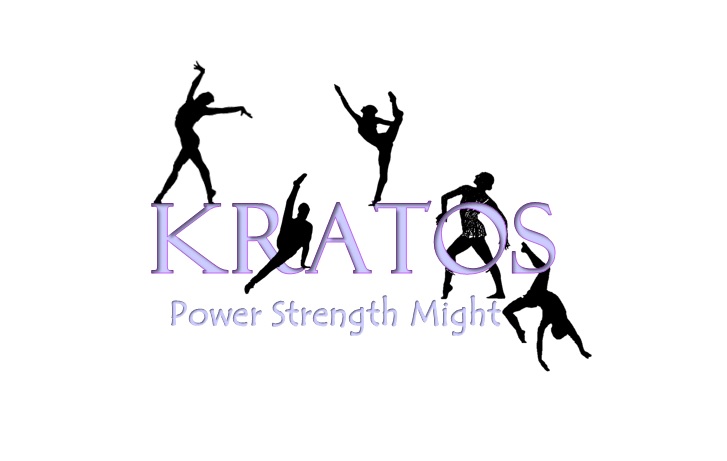In the process of learning a new skill, completion time is not the only thing of essence. Although it is vital to continually progress forwards, athletes and parents more often than not get stuck on the thought that attaining a new skill is the only form of progression. We all, coaches, athletes, and parents must keep in mind that a correction to technique, form, or consistency of a skill is still progress.
On any side of the “triad” of coaches, parents, and athletes everyone wishes for each athlete to learn skill after skill after skill as quickly as possible. One major piece that seems to get lost within the worry and attention given to how long it is taking the athlete to complete the skill on their own successfully, is the attention to detail of “how” the skill is being completed. In the American society of instant gratification we sometimes get lost in the “is”, instead of the “how”; “is” the athlete completing the skill on their own? Maybe, but “how” is it being performed is the more important question…
Just because the athlete can do the skill doesn’t mean that the skill will automatically be able to lead them towards the next step in their skill progression or mean that they won’t get injured doing it just because they are not falling. Stepping outside of acrobatics for a moment, let’s compare this to something almost all adults can relate to… In most states a teenager can obtain a driver’s license at 16, but that doesn’t necessarily mean they are ready to drive into a busy city. Even as a driver with twenty years experience you still are not capable of going to race NASCAR. In both scenarios the person knows how to complete a skill (driving) but it has not been perfected or mastered because they did not take time to learn that technique. Going back to acrobatics, just because a gymnast can do a roundoff back handspring, does not necessarily mean they are ready or able to do a salto (flip) after it. If the technique is incorrect on the current skill, the skill which follows will be extremely risky or impossible.
In order to keep an acrobat’s body safe, mastering the correct technique on a skill is vital. Besides any risk of injury due to a fall, there is risk of chronic injury from the body repeatedly landing in the incorrect position placing extreme amounts of stress on certain areas of the body. Something which may seem like such a small mistake actually has a giant impact on the body, skill, and subsequent skills.
In order to help athletes avoid the “rush”, we as coaches and parents must educate them and reinforce the importance of taking time to do the skill correctly even if that seems to make the learning process “longer” in their minds. What everyone in the “triad” must realize is that besides the safety and success of the athlete, proper technique actually makes the overall learning process of skills much shorter in the long run. Yes, maybe the athlete needs to take extra time to try to perfect a handstand, cartwheel, roundoff, walkovers, handsprings, and tucks (aka basic skills) but once you can form a very strong “foundation” learning subsequent skills becomes easier and the learning period is faster. The body already has formed a muscle memory for the base skills and is prepared and in the correct position to do higher level skills which follow.
How can you help your athlete?
-Celebrate and help them notice ALL forms of improvement – were their legs straighter, arms by their ears, toes pointed, etc. Each “correction” to technique is a giant improvement!
-Encourage them to take their time and focus on completing the skill nearly perfect
-Don’t encourage gym time or home time “play”; if skills are practiced they should always be practiced correctly or else the athlete will cause their muscle to memorize the incorrect way to complete the skill and bad habits are difficult to break and time consuming. They also limit your athlete’s ability to learn harder skills.
-Encourage your athlete to always strive for more but never pressure them to attain a new skill they have never attempted before within a time period shorter than three months (this time frame still can be short for certain skills with infrequent gym time practice).
